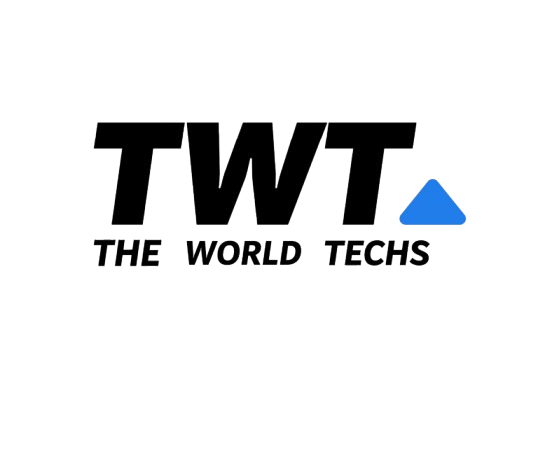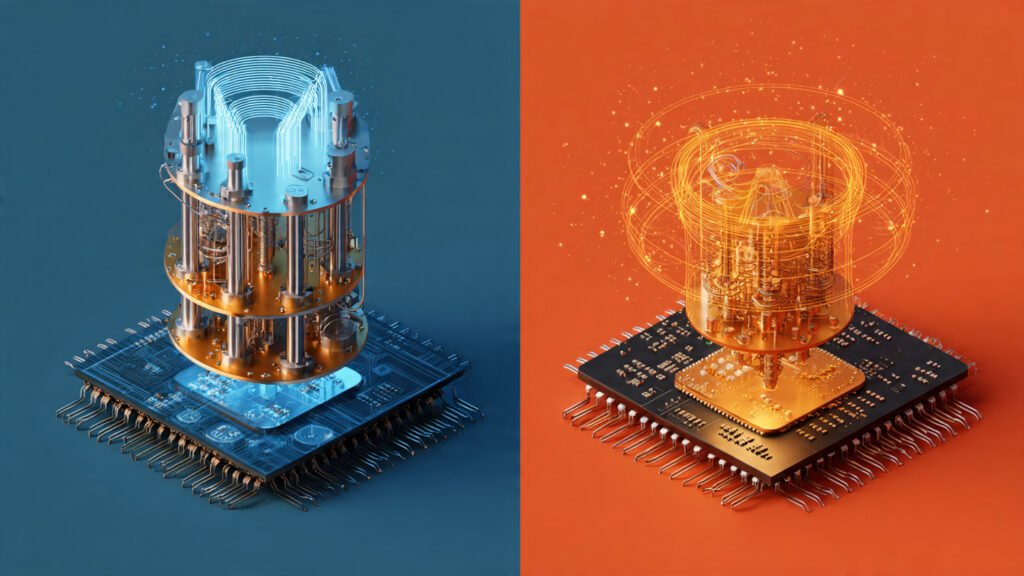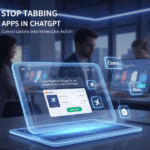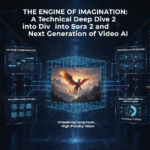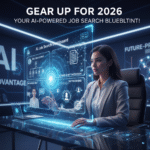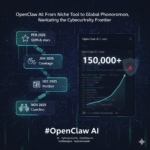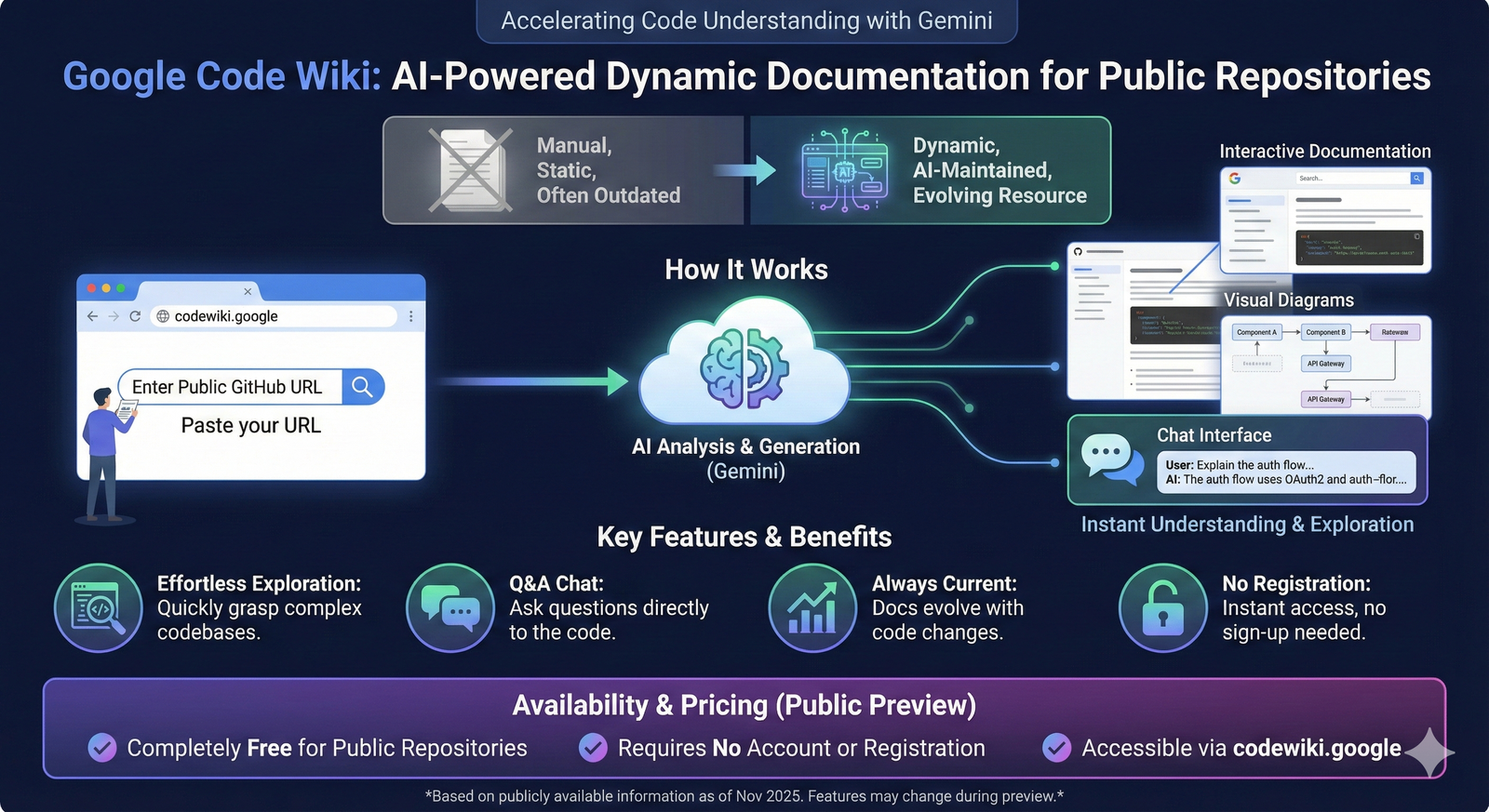Now Reading: The Great Tech Pivot: New AI-Driven Roles and Your Step-by-Step Guide to a Future-Proof Career
-
01
The Great Tech Pivot: New AI-Driven Roles and Your Step-by-Step Guide to a Future-Proof Career
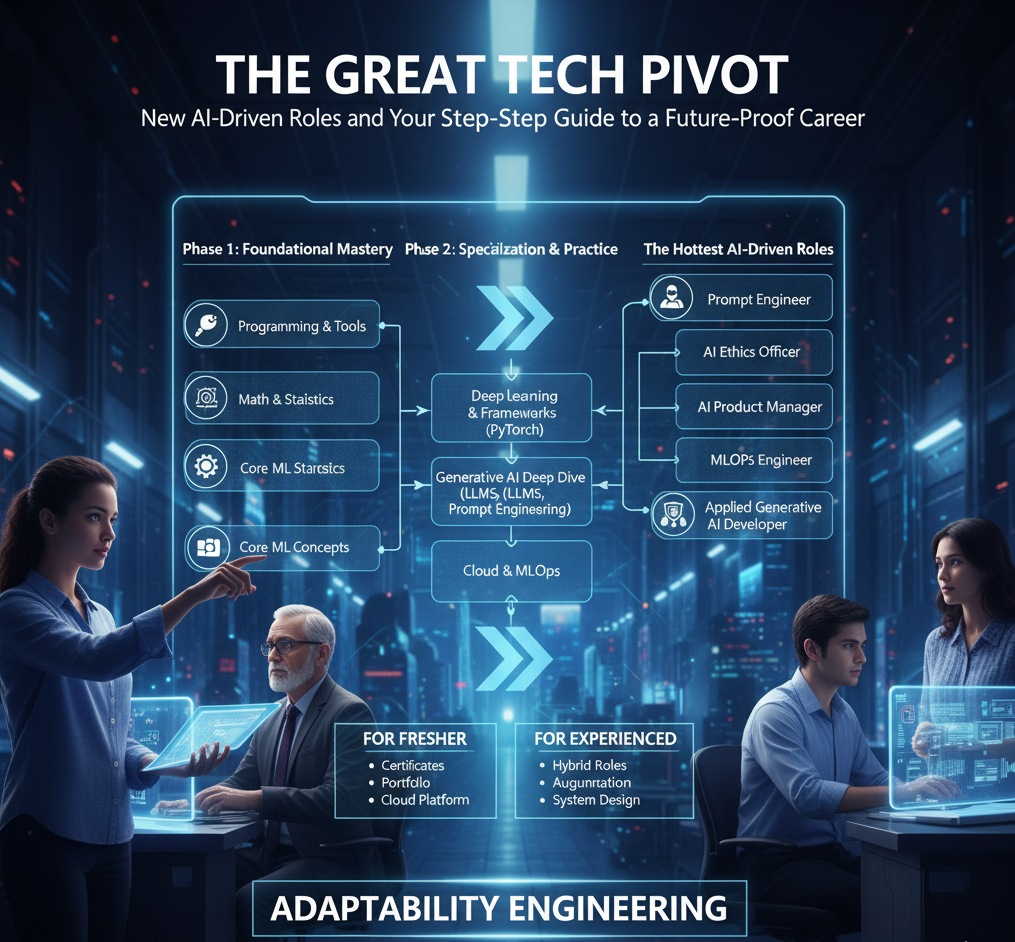
The Great Tech Pivot: New AI-Driven Roles and Your Step-by-Step Guide to a Future-Proof Career
The New Adaptability Mandate
The IT industry thrives on innovation, and the rise of Generative AI and advanced machine learning has accelerated this evolution exponentially. While headlines often focus on jobs being automated, the more critical story is the creation of entirely new, high-value roles. Success in 2025 and beyond will not be about avoiding AI; it will be about mastering it.
For both fresh graduates and seasoned professionals, the path to a future-proof career requires a strategic pivot. This guide highlights the most in-demand AI-related roles and provides a step-by-step learning roadmap, complete with free resources to get you started.
The Hottest AI-Driven Roles for 2025
The impact of AI is creating demand for specialists who can build, manage, and ethically deploy these powerful systems.
| New/Pivotal Role | Core Function & Focus | Why it’s Critical Now |
| Prompt Engineer / AI Whisperer | Focuses on crafting, testing, and optimizing inputs (prompts) to generative AI models (like large language models or image generators) to achieve specific, high-quality, and reliable outputs. | Directly drives the business value of GenAI tools by maximizing model performance and utility. |
| AI Ethics Officer / Specialist | Develops and enforces governance frameworks, ensuring AI systems are fair, transparent, and comply with rapidly evolving data privacy and regulatory standards. | Essential for mitigating brand risk, bias, and legal liability as AI is integrated into sensitive decision-making processes. |
| AI Product Manager | Bridges the gap between technical AI/ML engineering teams and business stakeholders, defining the product strategy and roadmap for AI-powered features and applications. | Ensures AI development aligns with market needs and delivers measurable business ROI. |
| MLOps Engineer (ML + DevOps) | Manages the end-to-end lifecycle of machine learning models, from development and training to deployment, monitoring, and maintenance in a production environment. | Critical for scaling AI solutions reliably, efficiently, and securely (often overlapping with the AI Engineer role). |
| Applied Generative AI Developer | Focuses on using existing, pre-trained large models (LLMs, vision models) to build new, user-facing applications like AI agents, custom chatbots, and creative tools. | High demand for speed-to-market applications leveraging existing models, requiring less model training from scratch. |
Step-by-Step Learning Roadmap
Regardless of your current experience level, a successful pivot to an AI-focused role follows a structured path.
Phase 1: Foundational Mastery (The First 3-6 Months)
| Step | Focus Area | Goal |
| 1. Programming & Tools | Master Python (the core language for AI/ML) and essential libraries (NumPy, Pandas, Matplotlib). Learn Git for version control. | Be able to write clean, efficient, data-manipulation code. |
| 2. Math & Statistics | Solidify concepts in Linear Algebra (vectors, matrices), Calculus (derivatives, gradients for optimization), and Probability & Statistics. | Understand the mathematical logic that underpins all AI algorithms, not just the code. |
| 3. Core ML Concepts | Study the fundamentals of Supervised Learning (Regression, Classification), Unsupervised Learning (Clustering), and performance metrics. | Build a strong theoretical base before diving into complex models. |
Phase 2: Specialization & Practice (The Next 6-12 Months)
| Step | Focus Area | Goal |
| 4. Deep Learning & Frameworks | Learn Deep Learning concepts (Neural Networks, CNNs, RNNs) and gain hands-on proficiency with a major framework like PyTorch or TensorFlow/Keras. | Implement and train your first neural network model from scratch. |
| 5. Generative AI Deep Dive | Focus specifically on the architecture of Transformers, and how Large Language Models (LLMs) work. Master Prompt Engineering and fine-tuning techniques (e.g., LoRA). | Apply GenAI knowledge to a personal project (e.g., build a Retrieval-Augmented Generation (RAG) system). |
| 6. The Cloud & MLOps | Learn to manage data and models in a cloud environment (AWS, Azure, or GCP). Understand the principles of MLOps (e.g., using Kubeflow or MLflow for deployment). | Be able to deploy a trained model as a simple web service. |
Dedicated Paths for Fresher & Experienced Engineers
For the Fresher (0-3 Years Experience)
Your advantage is speed and flexibility. Focus intensely on building a strong, verifiable portfolio.
| Action | Priority | Rationale |
| Focus on Certificates | High | Provides structured learning and a clear validation of new skills for recruiters. |
| Build a Portfolio | Essential | Complete at least 3-5 projects on platforms like Kaggle or create original projects (e.g., an LLM-powered data analyst tool). |
| Contribute to Open Source | Moderate | Demonstrates collaboration and real-world coding ability. |
| Master One Cloud Platform | High | Specializing in AWS SageMaker, Azure ML, or Google Vertex AI shows job readiness. |
For the Experienced Engineer (5+ Years Experience)
Your advantage is domain knowledge (e.g., finance, healthcare, security) and crucial soft skills. Do not discard your past experience!
| Action | Priority | Rationale |
| Hybrid Roles (The Pivot) | High | Target roles like AI Product Manager, AI Solutions Architect, or AI Ethics Officer where your management/domain expertise is valued more than raw coding speed. |
| Upskill for Augmentation | Essential | Learn to use AI to augment your existing work. (e.g., a Backend Developer mastering GenAI code generation tools; a QA Manager specializing in model testing). |
| Focus on System Design | High | Your experience in scalability and architecture is gold. Learn how to architect robust, production-grade AI systems and pipelines (MLOps). |
| Mentor/Lead | High | Use your leadership skills to manage new AI/ML projects and mentor junior team members. |
Free and Accessible Learning Resources
You don’t need a massive budget to pivot. The best resources are often free or highly accessible:
| Resource Type | Recommended Providers & Courses (Free/Audit) |
| Foundational ML/DL | Coursera: Andrew Ng’s ‘Machine Learning Specialization’ (audit option). |
| Programming & Math | FreeCodeCamp (Python course), Khan Academy (Linear Algebra, Calculus, Statistics). |
| Generative AI/LLMs | Google Cloud: ‘Generative AI Learning Path’ and ‘Introduction to Generative AI’ (free badges/courses). DeepLearning.AI: ‘Generative AI for Everyone’ (audit option). |
| Cloud/MLOps | Microsoft Learn: ‘AI Learning Hub’ and ‘Azure AI Engineer’ learning paths (free modules). AWS: ‘Machine Learning University’ content. |
| Practical Coding | Kaggle: Tutorials, competitions, and free public datasets. Hugging Face: Free resources for learning about pre-trained Transformer models. |
Embrace the Change
The age of AI is not about displacement; it’s about re-skilling and realignment. The most valuable professionals are no longer just those who can code, but those who can blend technical AI expertise with business acumen, ethics, and a deep understanding of organizational scale.
Start with the foundations today, leverage the free resources available, and embrace the new era of Adaptability Engineering. Your next great career opportunity is waiting.
